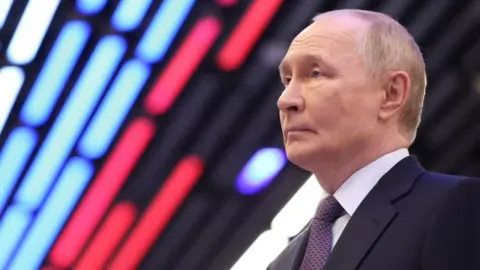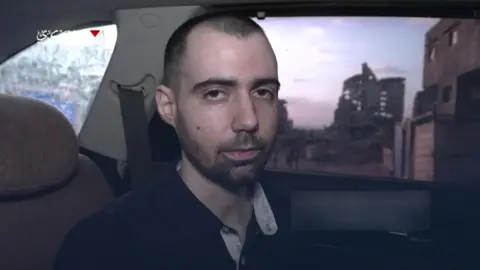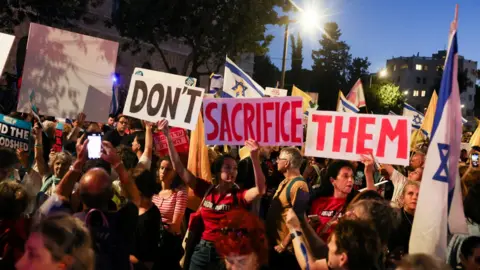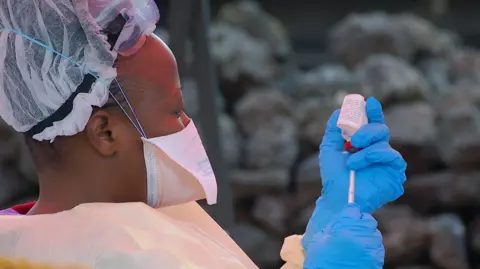Kabila's successor, President Félix Tshisekedi, has linked Kabila to the rebels, igniting further political divisions in a country already marred by turmoil. While a ceasefire agreement was reached recently, violence persists, raising questions about the effectiveness of the peace process. The international community, particularly the UN, has accused Rwanda of backing the M23, though Rwanda disputes these claims, stating it acts on security concerns.
Kabila, who governed the DRC for 18 years before a contested handover of power in 2019, had returned from self-imposed exile in May 2023 amidst the ongoing conflict. His critics accuse him of manipulation and seeking to undermine democracy, while his allies contend that the government is evoking double standards, marginalizing Kabila from future political discourse.
As the trial unfolds, the dynamics of Congolese politics remain precarious, with implications for stability in a nation striving for peace amidst lingering strife.
Kabila, who governed the DRC for 18 years before a contested handover of power in 2019, had returned from self-imposed exile in May 2023 amidst the ongoing conflict. His critics accuse him of manipulation and seeking to undermine democracy, while his allies contend that the government is evoking double standards, marginalizing Kabila from future political discourse.
As the trial unfolds, the dynamics of Congolese politics remain precarious, with implications for stability in a nation striving for peace amidst lingering strife.




















